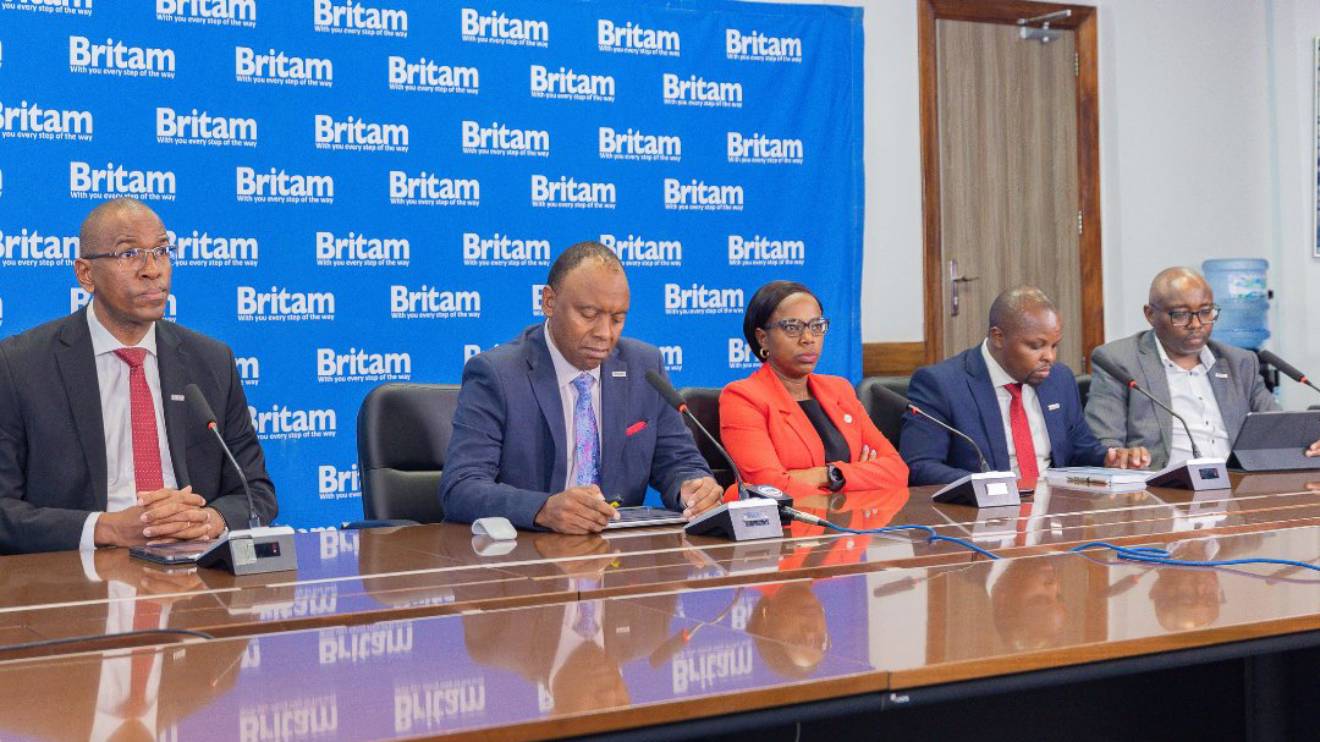President William Ruto’s recent decision to cancel the controversial Public Private Partnership (PPP) deals with Adani Group has sparked considerable attention, but behind the headlines lies a crucial piece of legislation: the Public Private Partnerships Act, 2021.
This law sets out the legal framework that governs how the government engages with private companies in large-scale infrastructure projects, and it has been central to recent developments.
Treasury Cabinet Secretary John Mbadi’s defence of the cancellation of the Adani deals highlighted the importance of following due process, particularly in light of the stipulations under the Public-Private Partnerships Act.
The cancellation has brought the act into sharp focus, underscoring the importance of transparency, accountability, and due diligence in public-private transactions.
The Public-Private Partnerships Act: A Comprehensive Overview
Read More
The Public-Private Partnerships Act, 2021, was designed to guide the government in procuring and implementing major infrastructure projects in collaboration with private sector partners.
It provides a detailed framework to ensure that both the government and private entities meet high standards of integrity, financial responsibility, and compliance. Here’s a closer look at the key provisions of the Act.
Section 41: Due Diligence and Eligibility Criteria
One of the most crucial aspects of the PPP Act is the requirement for due diligence, particularly in evaluating privately-initiated proposals (PiP).
Section 41 mandates that before the government enters into any formal evaluation of a proposal, it must conduct thorough checks to ensure that the private entity meets a series of strict criteria and these criteria include:
Debarment Checks: The private entity must not have been debarred by any country or international organisation from participating in PPP arrangements. This ensures that only reputable companies with a clean legal record are considered.
Corruption-Free Record: The company must not have been involved in corruption or fraudulent activities. This clause ensures that public funds are not misused by parties with questionable business practices.
Financial Stability: The private entity must not be insolvent, under receivership, or bankrupt. The Act requires that the company’s affairs are not being managed by a court or judicial officer, which ensures that financially unstable companies are not able to enter into government contracts.
Tax Compliance: The entity must be tax-compliant in all jurisdictions where it operates, including in its home country. This provision aims to prevent companies with a history of tax evasion from participating in public projects.
Criminal Conduct: Directors or officers of the private entity must not have been convicted of any criminal offences related to professional conduct within the past five years. This requirement ensures that only companies with ethical leadership are allowed to partner with the government.
Section 42: Evaluation of Privately-Initiated Proposals
Once the due diligence is completed, the Act stipulates that the government must evaluate the privately-initiated proposals based on a set of established criteria to determine whether they are suitable for further development into full-fledged PPP projects.
According to Section 42, the evaluation must take into account the technical, financial, and environmental feasibility of the proposal.
The Act provides that the private entity does not need to submit additional proposals to the government during the evaluation stage. This streamlines the process, ensuring that proposals are assessed based on their original submission and not influenced by new or altered terms.
Section 43: Agreement Formation and Public Interest
Once a proposal has passed due diligence and evaluation, the Act requires that the partnership agreement be negotiated and formalised. However, the terms of the agreement must always align with the public interest.
This is to ensure that any public-private project serves the needs of the citizens and does not disproportionately benefit the private entity at the expense of the public.
The Legal Safeguards: Why They Matter
The provisions outlined in the PPP Act are designed to protect public assets and ensure that any partnership between the government and private companies is above board. In the case of the Adani deals, the government’s due diligence process revealed inconsistencies in the proposals, leading to their cancellation.
As Mbadi stated, “The Adani deals have been through Privately-Initiated Proposals (PiP) and the beauty is that it can be stopped at any stage before negotiations are concluded.”
The government’s decision to stop the Adani deals before entering into binding agreements aligns perfectly with the provisions of the Act. As the government was still in the procurement process, it was within its legal rights to cancel the deals before negotiations were finalised.
According to Mbadi, this timely decision avoided potential legal challenges and allowed the government to reassess the procurement method.
A Path Forward: Strengthening Public-Private Partnerships
While the cancellation of the Adani deals may have raised concerns about the future of PPPs in Kenya, Mbadi’s statements suggest that the government remains committed to using the PPP model to drive development.
However, the public scrutiny surrounding the Adani deals has underscored the need for even greater transparency and diligence in future partnerships.
The provisions of the PPP Act offer a solid foundation for ensuring that future partnerships are not only legally sound but also serve the nation’s long-term interests.
By maintaining strict adherence to these standards, the government can safeguard against corruption, fraud, and mismanagement, while continuing to attract private investment for critical infrastructure projects.
Ensuring Integrity in Public-Private Partnerships
President Ruto’s decision to cancel the Adani deals is a clear demonstration of the government’s commitment to following legal processes, especially when it comes to large-scale projects involving public funds.
The Public-Private Partnerships Act provides a robust framework for ensuring that all proposals undergo rigorous scrutiny, protecting both the public interest and the integrity of the procurement process.
As Kenya moves forward, the PPP Act will remain a vital tool in guiding the country’s infrastructure development, ensuring that all partnerships are both transparent and beneficial to the public.







-1711488419-1716535895.jpeg)
-1743198718.jpg)

